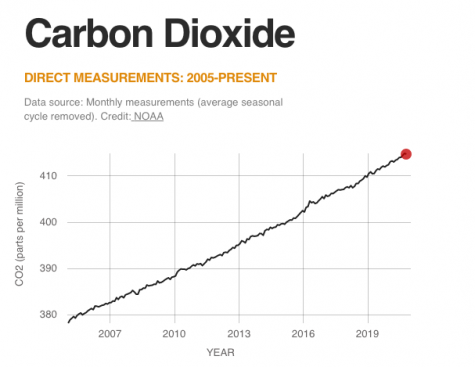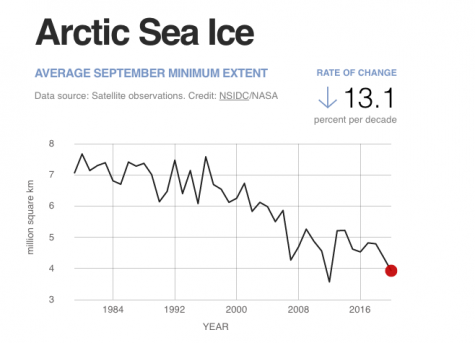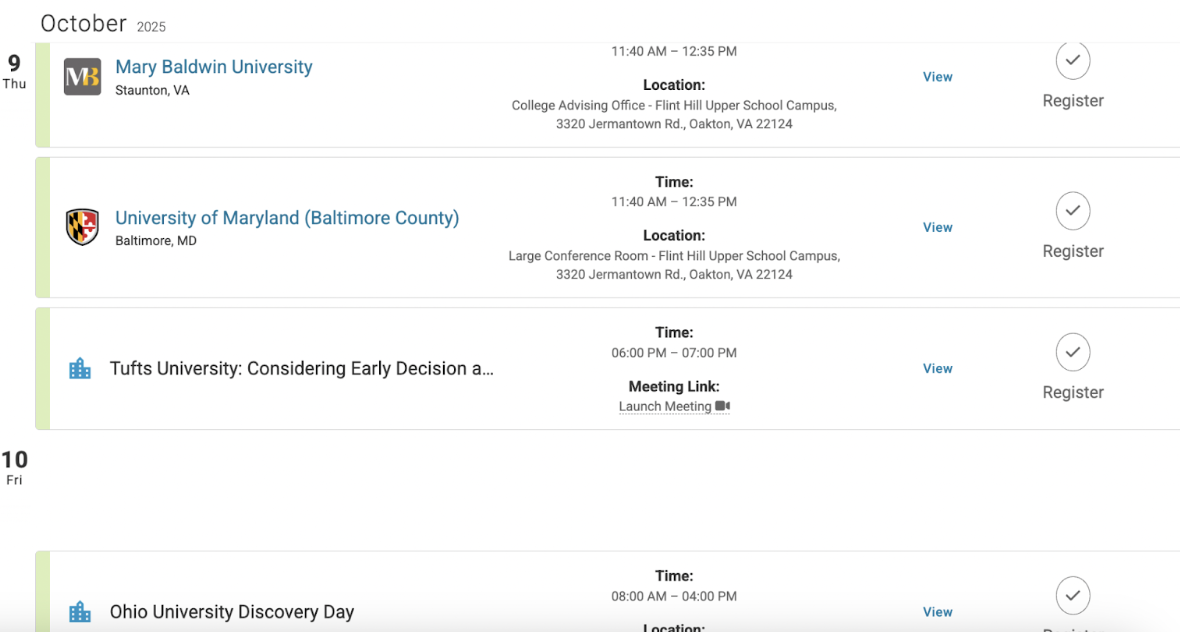Global Warming and the Winter Season
January 27, 2021


Today, like many people around the world, I decided to go on a hike. Nothing out of the ordinary occurred, but about 5 minutes in I noticed how hot I was. I took off my coat in the hope of cooling off, but it simply ended up being too warm. This itself wouldn’t be strange, except I live in Virginia, it’s the middle of December and 65 degrees. I find myself wondering, when did winter cease to feel like winter in Virginia?
Unfortunately, this is a real concern. NASA has been tracking these developments for years and found the overall temperature has risen 2.0 degrees since 1880. At first glance, this may not seem like much, but in actuality, it is a dire circumstance. The destruction that is being wrought upon our plant is irreversible to a certain extent, and we are hurtling towards that line. The change in climate affects everyone and everything. 19 out of the 20 warmest years on record have occurred since 2001. Sea levels continue to rise 3.3mm per year, becoming an issue for marine life and those who live in coastal regions. The arctic ice minimum is decreasing by 13.1% per decade, and as demonstrated in the graph above, this will only continue to worsen. Our carbon dioxide levels are at their highest in 650,000 years. This is all due to human activity.
According to the NRDC, “Global warming occurs when carbon dioxide (CO2) and other air pollutants and greenhouse gases collect in the atmosphere and absorb sunlight and solar radiation that have bounced off the earth’s surface.”
Humanity is pouring these greenhouse gases into the atmosphere from cars, factories, food production, and everything in between. This problem is our problem, and we are solely responsible for fixing it.
So, what do we do so future generations can see snow and breathe clean air? The biggest issue with this is that it is a team effort, and change has to occur on a widespread basis. Start by educating yourself and speaking up. Share the issues with parents and peers. Next, as a plan for shortening your carbon footprint, suggest changing your home to using renewable energy. Certain utility companies generate at least half the greenhouse gases using wind or solar power. Check your insulation. Although this may seem odd at first, heating and air-conditioning account for almost half of home energy use. Invest in energy-efficient appliances and reduce water waste. These together will lower your family’s carbon footprint a decent amount. Eat the food you buy and eat less meat. Approximately 10% of U.S. energy use goes into growing, processing, packaging, and shipping food. And of this, about 40% of it ends up in the landfill. Change your light bulbs to LED, because these use up to 80 percent less energy than conventional incandescents. Drive a fuel-efficient vehicle. Gas-smart cars, such as hybrids and fully electric vehicles, save fuel and money. Shrinking your carbon profile can seem daunting at first, and these are just a few suggestions on how to do that, but if everyone takes a bit of time and effort to seek change, change will come.
This all leaves one final question, will we have a real, snowy winter this year in Virginia? For now, the answer most likely depends on the weather and luck, but there may come a time when Virginia never has snow. Instead of beautiful white flakes, we’ll only have rain. But, that will only happen if you let it. We are all responsible for Earth, and we are the ones who have the opportunity to turn our poisoned planet’s trajectory around. Be an advocate for what is right. Help stop global warming before it’s too late.






